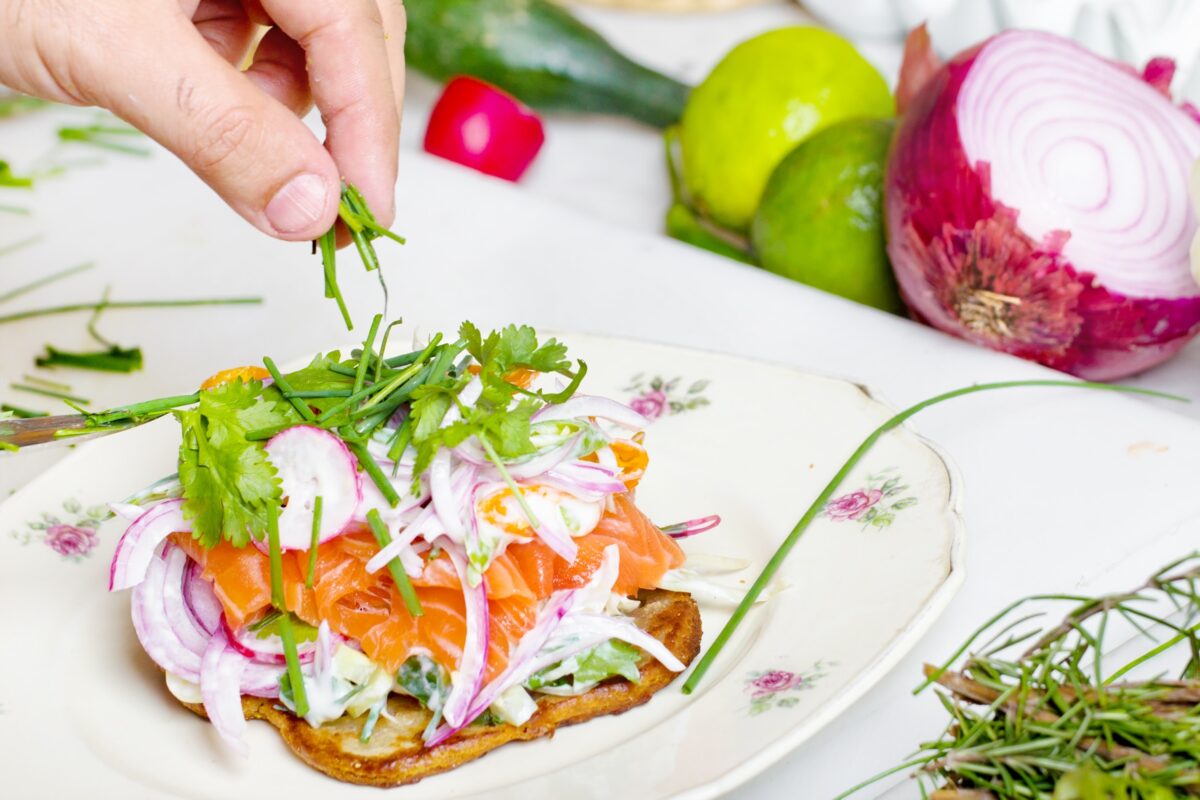
Train your brain to eat healthy
Sticking to healthy eating would probably be a lot easier if the healthy options tasted as good as other unhealthy options. Ah, if only kale could taste like Nutella! (at least Nutella contains nuts which are good brain food). Well, new research says you might be able to train your brain to eventually eat the healthy foods you don’t like.
The pilot study published in the journal Nutrition & Diabetes on Monday September 3rd, 2014 suggests the brain can be trained to prefer healthy food over unhealthy high-calorie foods, using a diet which does not leave people hungry.
“We don’t start out in life loving french fries and hating, for example, whole wheat pasta,” senior author Susan Roberts, director of the U.S. Department of Agriculture’s Energy Metabolism Laboratory, said in a statement. “This conditioning happens over time in response to eating – repeatedly – what is out there in the toxic food environment.”
Scientists know that once people are addicted to unhealthy foods, it is usually very hard to change their eating habits and get them to lose weight. Previous studies have shown that high-calorie, fatty, sugary foods trigger the pleasure center of the brain. That’s why you naturally crave these unhealthy foods: You expect to be rewarded with dopamine for eating them.
In the small pilot, researchers studied the one of the brain parts linked to reward and addiction in 13 overweight and obese men and women, eight of whom were taking part in a specially designed weight-loss program. Those in the intervention group took part in a version of the I Diet, which involved portion control, an emphasis on low-glycemic foods, and 19 support meetings delivered over 24 weeks. Participants in this group also received individualized emails from their nutritionists for support. Control participants eventually got the I Diet intervention as well, but were waitlisted for six months while this study took place.
All participants also got a functional magnetic resonance imaging (fMRI) scan before and after the six months were up. While in the machine, they were shown 40 food and 40 non-food control-image cues. The food cues, such as sandwiches and french fries, included both high- and low-calorie options. The non-food cues were images that looked similar to the food cues — but were quite not food (e.g. a wallet, or pencils).
The researchers focused their scans on each participant’s striatum, an area that’s often associated with the brain’s dopamine-rich reward processes. They found significantly higher average amounts of activation in this area for the low-calorie food images than high-calorie foods, but only in participants who had already been through the I Diet program. The control participants showed the opposite: more activation in the striatum for high-calorie foods. This suggests that changing what we eat eventually changes what we crave.
The Boston researchers say that gastric bypass surgery, while solving the problem of weight loss, can take away food enjoyment rather than make healthier foods more appealing.
“There is much more research to be done here, involving many more participants, long-term follow-up and investigating more areas of the brain,” Prof Roberts said. “But we are very encouraged that the weight-loss program appears to change what foods are tempting to people.“












